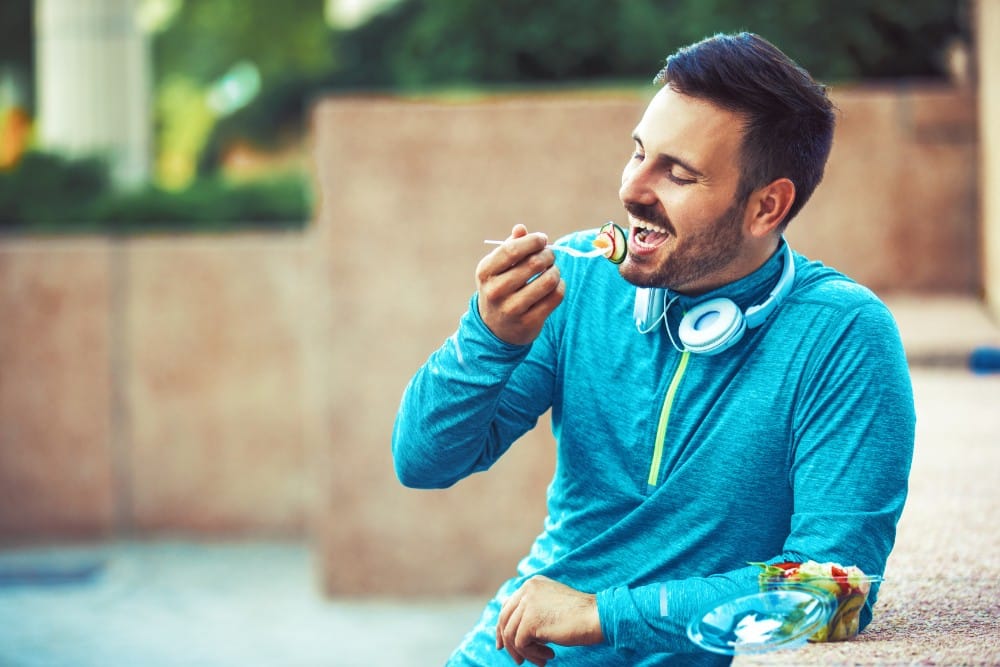It is easy to fall into the trap of emotional eating in recovery. It is a tough time to be focusing on anything but healing, and it can feel like all of life is throwing lemons at you. When you start thinking about it, there is a lot to work on all at once and maybe it has taken a toll. Emotional eating can easily become a transfer addiction if you are not cautious. Find out why it happens and how to finally take control of emotional eating in recovery.
A Battle of Wills
When people talk about emotional eating, they discuss it as a sort of battle of wills. There is this epic battle that is brewing between you and the food. In the middle space are emotions that are high and avoid that feels it can only be filled by food, now that it cannot be filled by addictive substances. Emotional eating is not just about filling the emptiness in people’s lives. It is about a survival instinct in the brain, as well. Here’s why:
- Dopamine hits the brain when food is eaten giving people a feeling of pleasure
- Pleasure hits the reward pathway just like addictive substances do
- Brain’s hardwiring motivates people to repeat activities that sustain life
- Food is comforting and numbs emotional stress or pain but can quickly turn to addiction
Overeating Versus Transfer Addiction
Overeating is a recognizable condition that causes people to eat more than they need but feels unable to stop. This involves a failure in the brain’s dopamine reward system. This means fewer dopamine receptors and they do not feel the full effect of dopamine in the brain. The same level of gratification of someone with a normal number of receptors will tell someone to stop eating at some point. A person who overeats will eat too much to boost brain levels of dopamine and feel pleasure, but may not be able to because of the dependence or addiction. Transfer addiction, on the other hand, is about being in recovery and discovering that food is a nice alternative to substances. It is easy to numb emotions with sugar and foods that taste good but are not healthy. Unfortunately, transferring addiction can lead to lots of other health complications like diabetes, high cholesterol, or really mess with existing recovery goals.
How to Find Help
Choose a pathway to heal that works. Make choices that are healthy and find accountability partners. There are many ways to feel good without using food. If transfer addiction starts, it is best to seek help from recovery experts and therapists who can find out why you are eating your emotions and start to support you through finding other avenues of dealing with stressors so you can make better choices.
Oceanfront is in Laguna Beach because we believe healing starts with being healthy and well. Our community is focused on supporting your overall wellness and healing. If you are struggling with sobriety or recovery, let us help you find healthy means of dealing with emotional stress. Call us to find out how we can help you navigate addiction recovery: 888-981-4295







